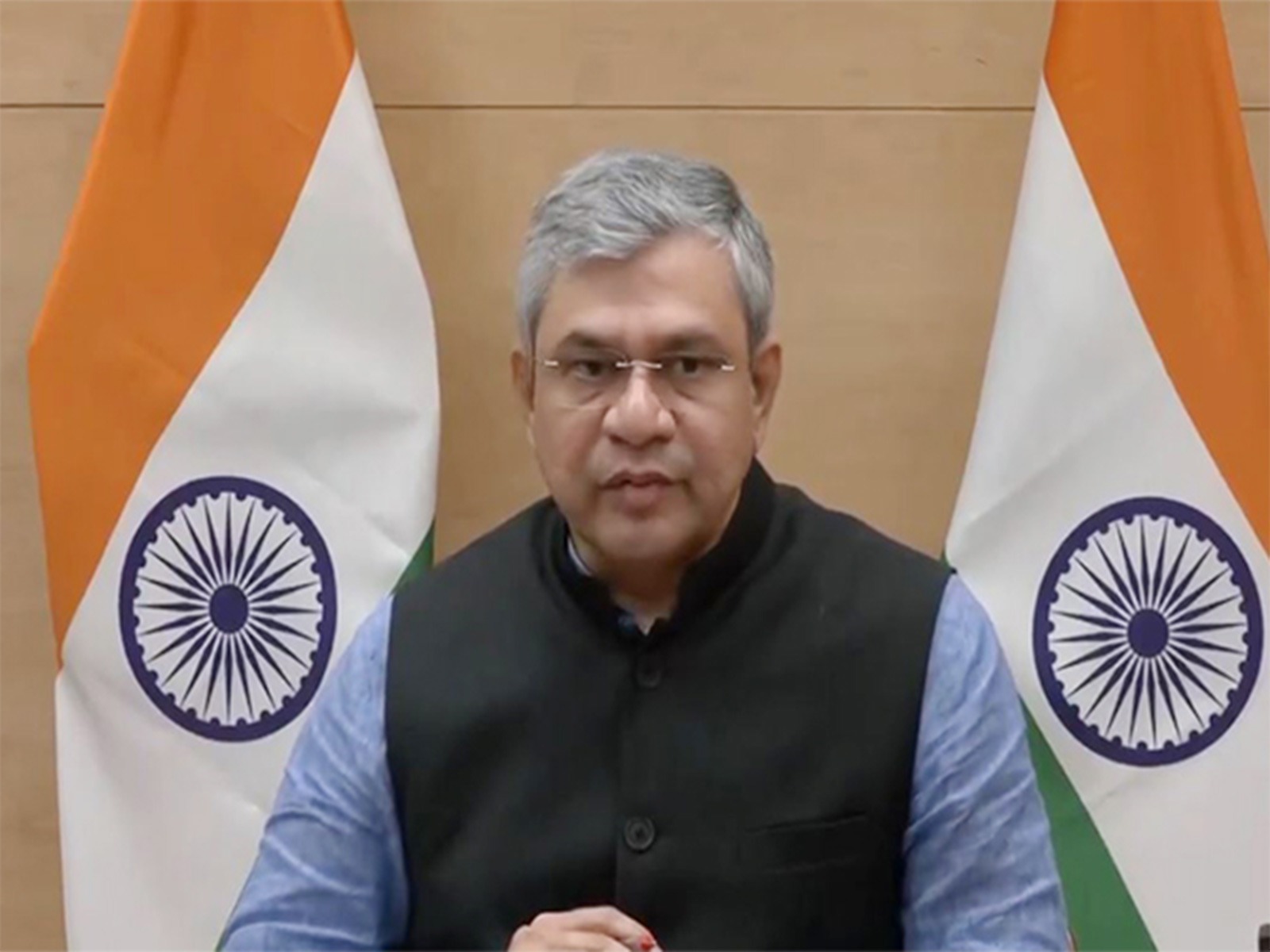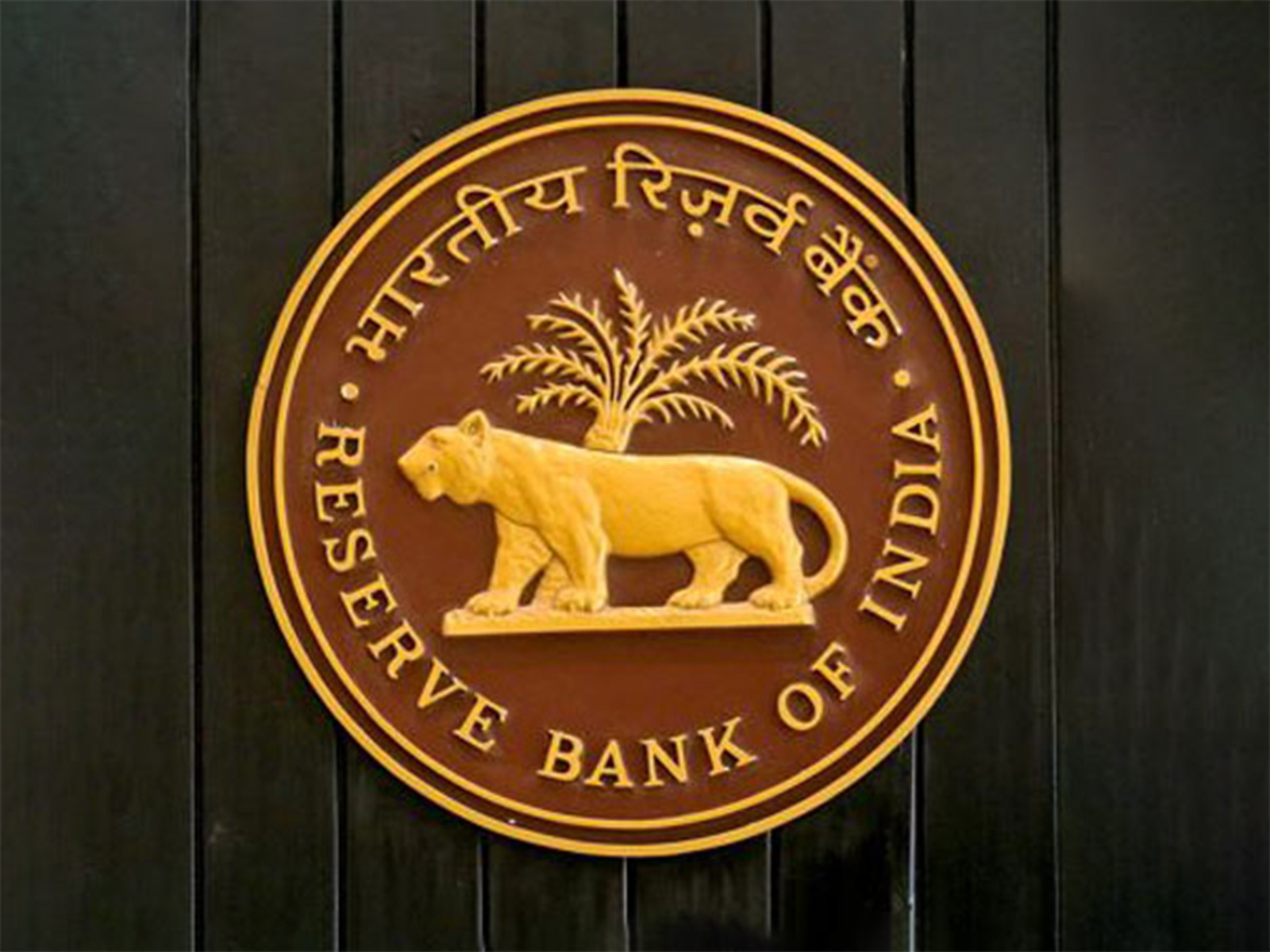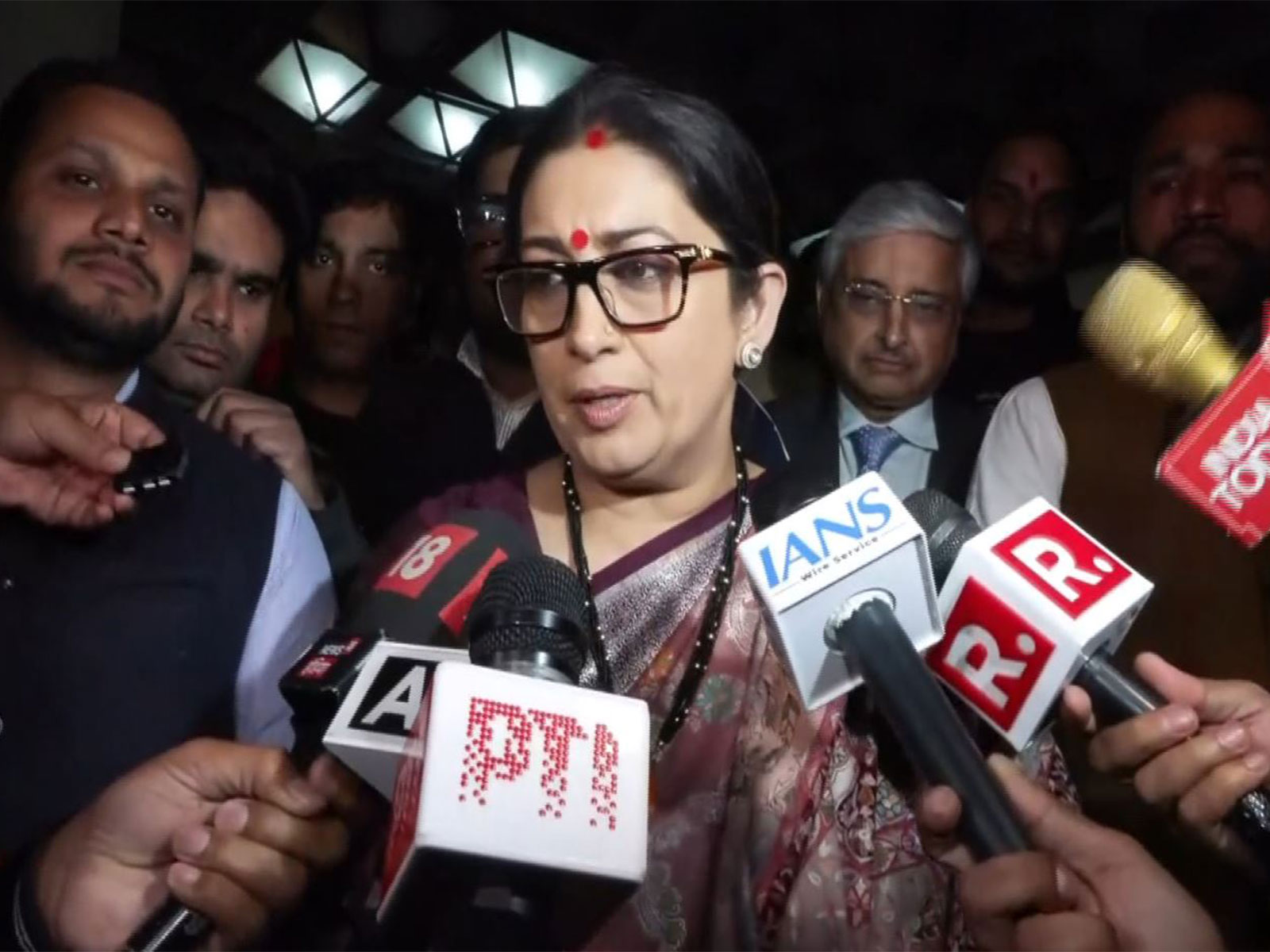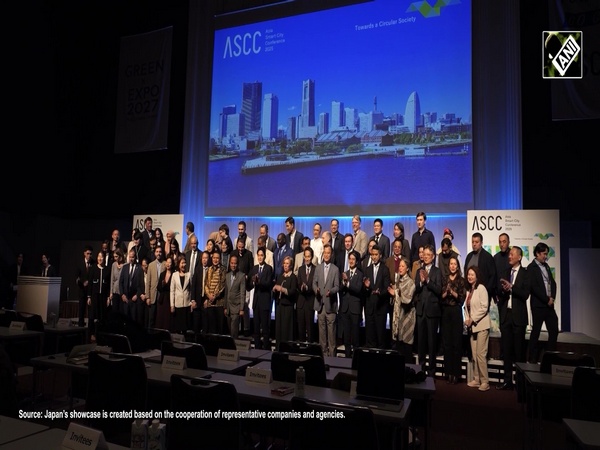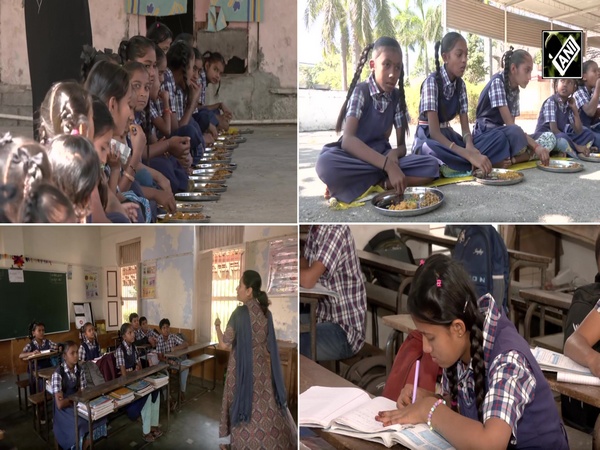Asset risks to rise for ASEAN, India banks but credit strength will remain intact: Moody's
Aug 11, 2021

Singapore, August 11 : Asset risks for banks will rise in most parts of ASEAN and India as the region battles new waves of coronavirus infections amid low vaccination rates, Moody's Investors Service said on Wednesday.
Multiple rounds of coronavirus outbreaks that led to strict containment measures will impede economic recovery and erode borrowers' debt repayment capacity, it said in the latest sector in-depth report.
Banks in Thailand the Philippines and Indonesia are particularly vulnerable as their economies struggle with elevated numbers of virus cases, heightening uncertainties around the reopening of their economies.
Yet policy support for borrowers and the concentration of the economic impact on a few economic segments will limit the deterioration of banks' overall asset quality.
Also, said Moody's, banks in ASEAN and India have strong loss-absorbing buffers. These factors will keep their credit strength intact.
"In India, despite a second wave of coronavirus infections, we expect economic activity will decline only in the first quarter of fiscal 2021 and rebound afterward, resulting in real GDP growth of 9.3 per cent in fiscal 2021 compared with contraction of 7.2 per cent in the previous year."
This is because compared to policy responses to the first wave, the latest containment measures are more localised and have a shorter duration.
Moody's said the economic recovery will support employment and corporate earnings, although the coronavirus outbreaks have hurt the financial buffers of SMEs, putting the quality of these loans at risk in the absence of support measures.
By contrast, the resumption of global economic activity will boost trade growth in Vietnam, Malaysia and Singapore which will help offset domestic economic disruptions from the pandemic.
Beyond the pandemic, ASEAN and India will likely register faster growth than most other regions in 2021-22, a positive for banks although performance across the region will increasingly diverge because of the different extent of economic scarring caused by the pandemic.
Finally, the growing young populations in economies such as India, Indonesia, Malaysia and Philippines could help accelerate economic expansion and boost overall wealth, which will lead more people to engage banking services.
This, however, will depend highly on the governments' ability to support domestic labour markets, said Moody's.
